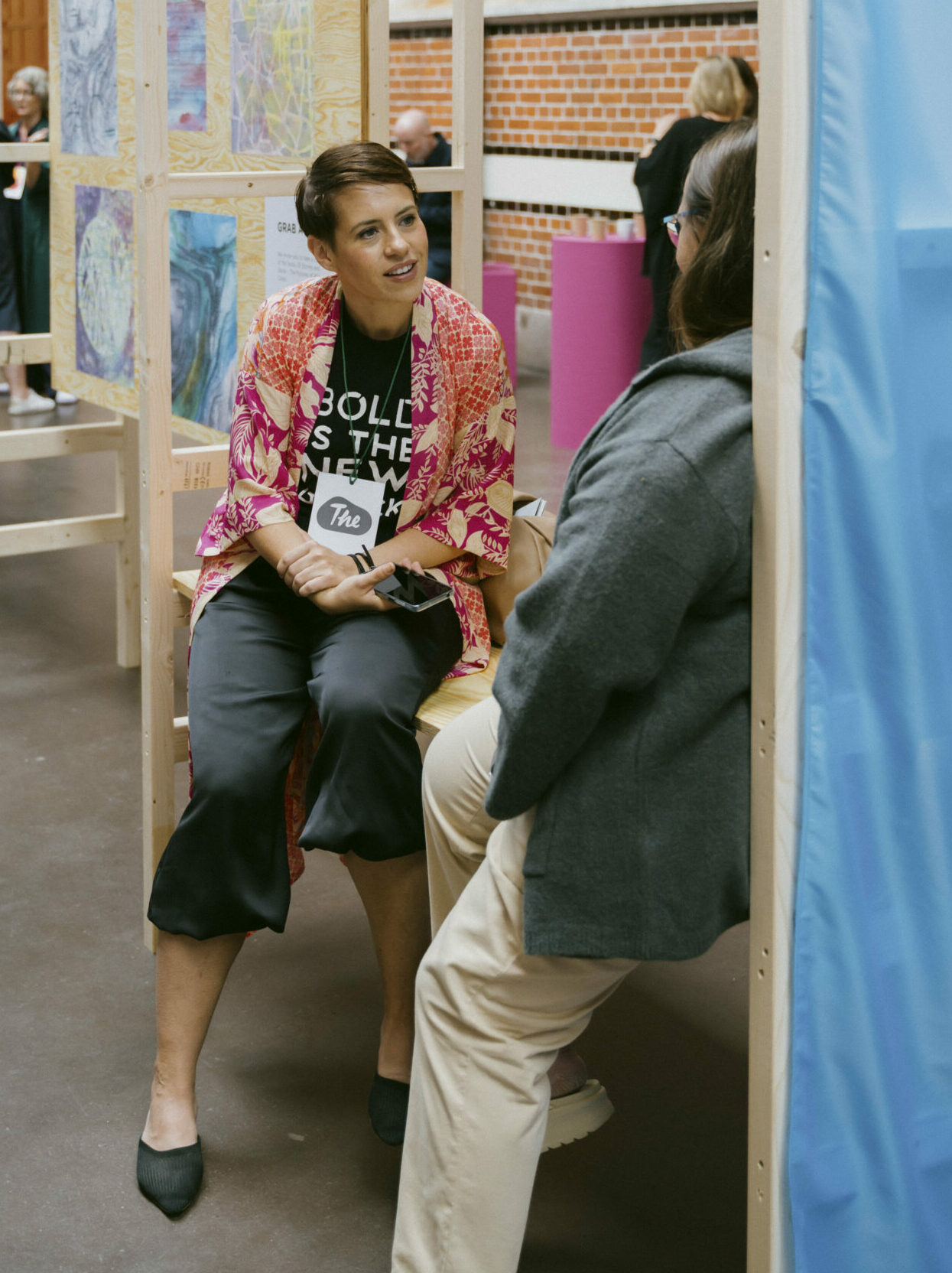Hope.
Yet again a word everyone knows and I know you can tell what being hopeful feels like to you – because it is very sensational – but there is more to hope than the feeling part.
So my question to you is: what is hope? How would you define it?
Hope is not the same as optimism because optimism can be a very general outlook on life in it’s entity. You can use positivity as a synonym for optimism. And that can be closely dependent on personality or character -so it‘s coming more from within a person.
Where as hope is usually tied to a very specific theme, topic or result. Your level of hope is related to a subject external to you.
Optimism doesn’t necessarily need to make sense – you just have it, but hope usually does. With hope you can usually explain the reasoning behind why it’s there.
So I guess it won’t surprise that hope is one of the most researched topics in psychology because… well, we flippin need hope, it is vital to the survival of the human species AND (as mentioned before) it feels really good as well.
We all love having hope and being around hopeful people.
Hope makes us smile and hope makes us impatient – the good kind of impatient because there is an element of action and energy to hope.
And for those of you who are into manifestation: that stuff, so manifestation, only works if you‘re full of hope. Because without genuine hope, manifestation is the practice of cultivating desperate, wishful delusions
Personally, but this is just me completely subjectively speaking: I link hope also to people with a decent amount of pragmatism.
Why?
Because here’s what research and science has to say about hope:
The American professor Charles Richard Snyder, one of the founders of positive psychology, coined what he called ‘the theory of hope’.
Metaphorically speaking hope is a 2 sided medal.
Side number one is about cognitive patterns, so how you think. The other side is all about what you do and how you do things. Or in more academic words: agency thoughts and pathways thinking.
And hope needs these 3 things from you:
- you need to have focused thoughts – aka. Having a goal
- you must develop strategies in advance in order to achieve these goals – aka. You need to have a plan
- you have to be motivated to make the effort required to actually reach these goals – aka. The desired result has to be aligned with your long-term values. You need to see how you will do things , you need to see the feasibility of the project. It’s got to tickle your enthusiasm because you‘re convinced you will be better off afterwards – it‘s purposeful action within your scope of integrity.
Now coming back to my personal observations:
people that are so called high-hopers rarely talk about being hopeful. Because talking about getting shit done is not as convincing or impactful as actually getting shit done. So high-hope people are usually achievers of some sort – even though some might not call themselves like that.
Let me give you an example:
when people meet me for the first time they‘re very impressed that I’m living in my 7th country and am in the process of learning my 6th language.
„WOW. You‘ve achieved all this Nic?!“
“Yeah, I guess you can call it an achievement, for me it‘s just something I‘m good at – I happened to have cracked the language learning code.”
High-hope-people are just getting things done, whilst excited about the goal or end-result. But I also met high-hope-people who sometimes don’t even need to like the path, the journey to the goal because the result is what counts.
But yeah, obviously: liking the process of doing the things that need to be done is a big plus.
Repeated achievers usually find ways to savor the doing as part of the achievement process.
Hope is a verb.
So if we use hope as a verb, as something we actively do we should use it reflexive, as in regarding only yourself. Because effectively you can ONLY hope for yourself. I know we can say ‚I love myself’ for example, but it sounds weird to say „I hope (for) myself“
And I also know that it‘s very common to say ‚I hope you _____‘ but, in the essence of what hope is (the result of solution orientated thinking and personal doing) it simply makes not much sense to say “I hope for you”.
My hope is about my actions.
And if I hope something will happen for you, then that’s not really hope as such, but a wish I have for you, or a blessing I want to give you.
But lets skip the linguistic semantics here and get back to the science and research.
Hope can be something that falls into your lap out of the quote on quote „blue“, and at the same time you can increase the level of hope you carry within you can strategically over time. Hope can be accumulated.
Let me give you another example:
When people with anxiety and overwhelm come to me and seek my expertise on how to change that nervous, unpleasant feeling about coming home – their hope-level is usually pretty low. They know that coming home can be a nice experience, because they see and hear other people enjoy it, but they can‘t create if for themselves. So it‘s rather theoretical for them.
Then we work together and all of a sudden it‘s hands-on and practical and their thinking around their own capabilities change then WOW – we‘re off to the races. They created it once, and now they‘re more hopeful they can do the same thing again.
So a one-time mindblow – in this case about the knowledge and practice of how change the space – becomes also a new way of thinking about creating change in general. And the more we practice the thinking differently in combination with the doing differently, the more confidence we build in general.
And that confidence in one area of your life can then be transferred to, or can serve you in another area of your life.
So hope has the capability to hit you out of the “blue” AND find you over and over again over time.
And that‘s where this whole discussion becomes truely interesting:
Hope is highly productive because it‘s very rational.
Not only do high-hope people get more shit done, so produce more outcome, but they also think better and feel better about themselves. Which usually results in more smiles, better atmosphere between people, lower levels of stress, better thought-through action steps, higher chances of finding flow during work… and yeah, better effectiveness and productivity as a side-result. And who doesn’t want that? Every organization AND every private person. Hope is just one of those holy Grales of wellbeing.
So what is the hopeful message around this article that happens to be about hope?
It‘s this:
We can design experiences that grow hope.
I like doing this by designing projects that challenge your thinking, use your skills and connects deeply to your personal values. I call these projects: passion projects.
A Passion Project is competitive – not so much with the external world and other people, but with yourself. It‘s you challenging you to get something done that can be measured. Where there was nothing you will create something. And that something has a positive impact on your world – however big or small you want to design it.
So mon ami, my dear listener or reader: if hope is something you want more of in your life, book a free call with me and let‘s talk passion project and building that hope for you. Let‘s make you that person that everyone likes to be around because they‘re a inspiration to be around. Link is below


